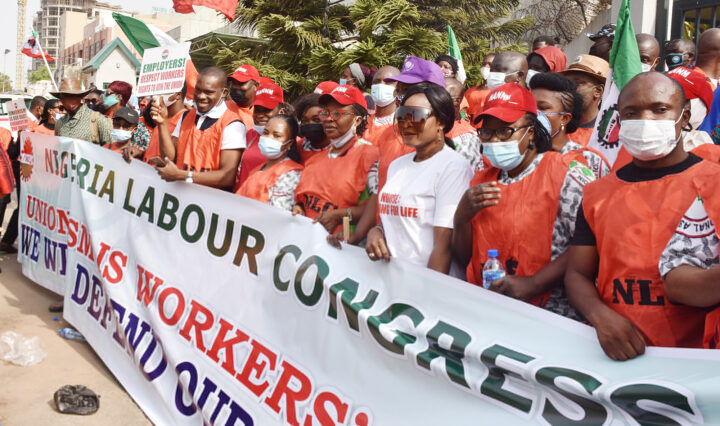The Nigeria Extractive Industries Transparency Initiative (NEITI) has lauded President Bola Tinubu’s plan to enforce his predecessor’s decision to remove petrol subsidy by June ending.
In a statement on Tuesday, Obiageli Onuorah, NEITI’s deputy director/head of communications and stakeholders management, said such a bold step was required to block leakages, grow revenues and advance the ongoing reforms in the oil, gas and mining industries.
While delivering his inaugural address on Monday, Tinubu said “petrol subsidy is gone” because the immediate administration did not make provision for such in the 2023 budget.
Commenting on the president’s declaration, Onuorah recalled that NEITI’s recommendations for the removal of petrol subsidy have remained a persistent request since 2006.
Advertisement
She explained that from NEITI reports, the country spent $74.39 billion (N13.69 trillion) on subsidy, between 2005 and 2021.
She said NEITI data also showed that the amount expended on subsidy from 2005 to 2021 was equivalent to the entire budget for health, education, agriculture and defence in the last five years.
“NEITI ‘s persistent calls for the removal of petroleum subsidies were informed by the fact that the ways of funding the expenditure over these years relied more on federation accounts funds, the federal government and sometimes from external borrowing with negative consequences on government overall revenue profiles,” she said.
Advertisement
“NEITI was also concerned that the consequences of funding subsidies have resulted in poor development of the downstream sector, declining GDP growth, rise in product theft, pipeline vandalism, environmental pollution and undue pressure on foreign exchange.
“Other challenges imposed on the economy were naira depreciation, low employment generation, the declining balance of payments and worsening national debt.”
Onuorah said in a policy advisory released by NEITI in late 2022 to drive home the urgency to remove subsidy and resubmitted earlier in the year 2023, the agency recommended eight steps to manage subsidy removal.
She listed the steps to include the need to strengthen the implementation of the Petroleum Industry Act (PIA) as a whole and not in parts.
Advertisement
She said NEITI also underlined the importance of unveiling the implementation of people-oriented welfare programmes to provide relief for the poor and vulnerable.
She further advised the government on the need to prioritise the ongoing rehabilitation of the nation’s four refineries.
Suggesting other policy considerations, Onuorah said the government should commission a special report on actual PMS consumption in Nigeria, enforce stringent sanctions for criminal activities in the sector and conduct appropriate stakeholders’ consultations, engagements and enlightenment.
“While the details of the implementation of the policy are being awaited, NEITI is set to commission a special research on the actual consumption of PMS in Nigeria,” she said.
Advertisement
“The study is to establish precisely what the nation is consuming. NEITI’s view remains that the data on the country’s actual consumption is unknown resulting in huge revenue losses to the nation through subsidy payments based on estimates.
“NEITI particularly welcomed President Bola Tinubu’s position that the revenues saved from subsidy should be channeled to education, health, roads and other critical infrastructure.”
Advertisement
Add a comment






